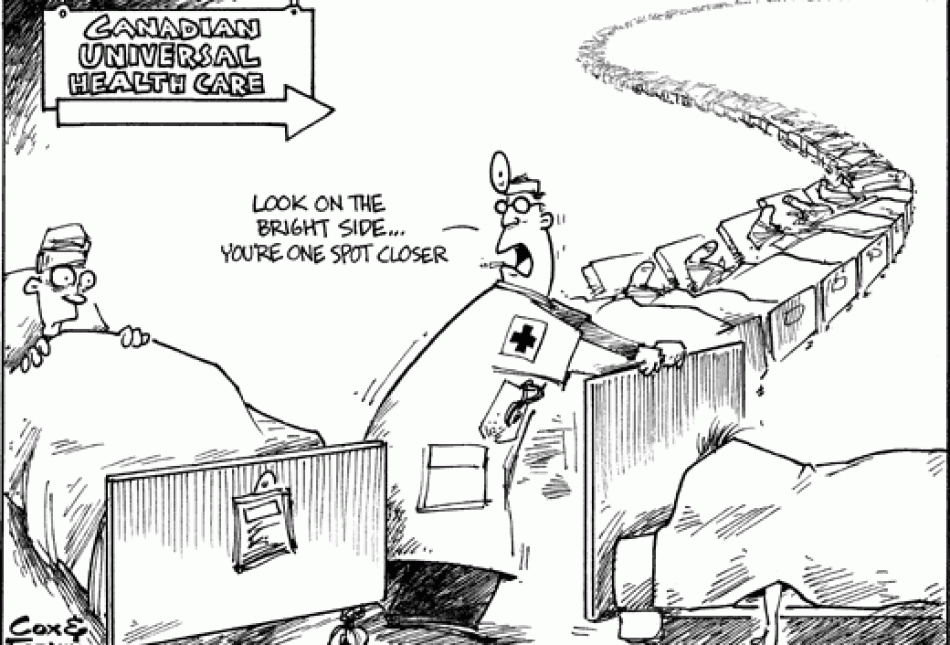Bill Richardson’s Immodest Medicaid Proposal: A beggar Thy Neighbor Approach from the Presidential Candidate to be

New Mexico governor and presumptive presidential candidate Bill Richardson recently joined the ranks of governors who have proposed significant changes to their state’s Medicaid systems. Starting with passage of Mitt Romney’s groundbreaking and controversial universal-coverage plan in April, states from West Virginia to Idaho and from Florida to Maine (to name just a few) are taking steps to improve care while cutting costs.
Richardson, however, despite his national image as a “moderate,” has taken a different path, namely the path of least resistance. Rather than making tough decisions and prioritizing as most other states are doing, Richardson plans to leverage New Mexico’s impoverished status to take federal taxpayers for a ride.
Along with ranking in the bottom-five of states in nearly all personal-income and education measures, New Mexico lags significantly behind other states in health care coverage. In fact, according to the U.S. Census, nearly 22 percent of New Mexicans lack health care coverage. That is more than any other state but Texas. In fact, New Mexico and Texas are the only two states with more than 20 percent of their citizens uninsured.
Under federal guidelines, poor states like New Mexico can receive up to $3 for every $1 they spend on Medicaid. With few incentives to cut costs and every incentive to spend, Richardson’s Medicaid plan is long on expanding services and short on anything that will reduce costs.
In what follows I set out the basics of the governor’s plan, while adding some commentary of my own:
- Require companies that do business with the state to offer health insurance to their New Mexico employees. Of course, forcing mandates on state contractors will inevitably raise the costs for government services that are ultimately borne by taxpayers. At the same time, fewer small businesses will work with the state.
- Pinpoint the number of state employees who decline health coverage. Currently, if an employee declines enrollment, the state does not check to see if he or she has coverage through a spouse or another entity. Studying why people decline health coverage makes sense, but rather than limiting the discussion to state employees, states should be examining whether the uninsured are spending their money on cable TV and the latest video-game gear, whether they are young and healthy and don’t feel they need insurance, or whether misguided mandates are driving prices beyond what people can afford.
- Maximize the Medicaid program by covering more adults. According to New Mexico Human Service Department secretary Pam Hyde, “Medicaid currently covers only adults with children whose incomes are below 30 percent of the poverty level, or $4,700 per year for a family of three. Covering all adults to 100 percent of the poverty level, or $16,600 a year for an equivalent family would bring another 42,000 people under Medicaid coverage.” In exchange for spending “only” $62 million a year in state funds, New Mexico will receive over $190 million courtesy of federal taxpayers.
- Expand the State Coverage Insurance program to cover more adults and ask the federal government to raise the federal poverty requirement to 300 percent with cost-sharing based on income. Adults with incomes up to twice the poverty level are currently eligible for Medicaid. Richardson would like to expend the program to cover adults making up to three times the poverty level (a family of three with an income of $49,800). The program would cost the state $15 million, but if Congress can be convinced to go along with the idea, an additional $57 million in federal funds would flow into New Mexico.
- Appoint a 21-member task force to analyze health coverage models and make recommendations on universal coverage solutions for New Mexicans.
According to the governor’s office, this plan — if enacted in its entirety in the upcoming legislative session — would cost the state $77 million a year. But as statehouse speaker and Richardson ally Ben Luján told the Santa Fe New Mexican, “The plan is affordable to New Mexicans, because it leverages $250 million in additional federal Medicaid funds.”
Clearly, Congress needs to reform a Medicaid system that allows states like New Mexico to get away with highway robbery. Perhaps it is more surprising, however, that Bill Richardson, who clearly plans to run for president and who spends more time outside of New Mexico than in it, couldn’t come up with something better than a “beggar thy neighbor” Medicaid proposal. Such a ham-handed approach is unlikely to sit well with voters in a nationwide race.
— Paul J. Gessing is president of New Mexico-based Rio Grande Foundation.
